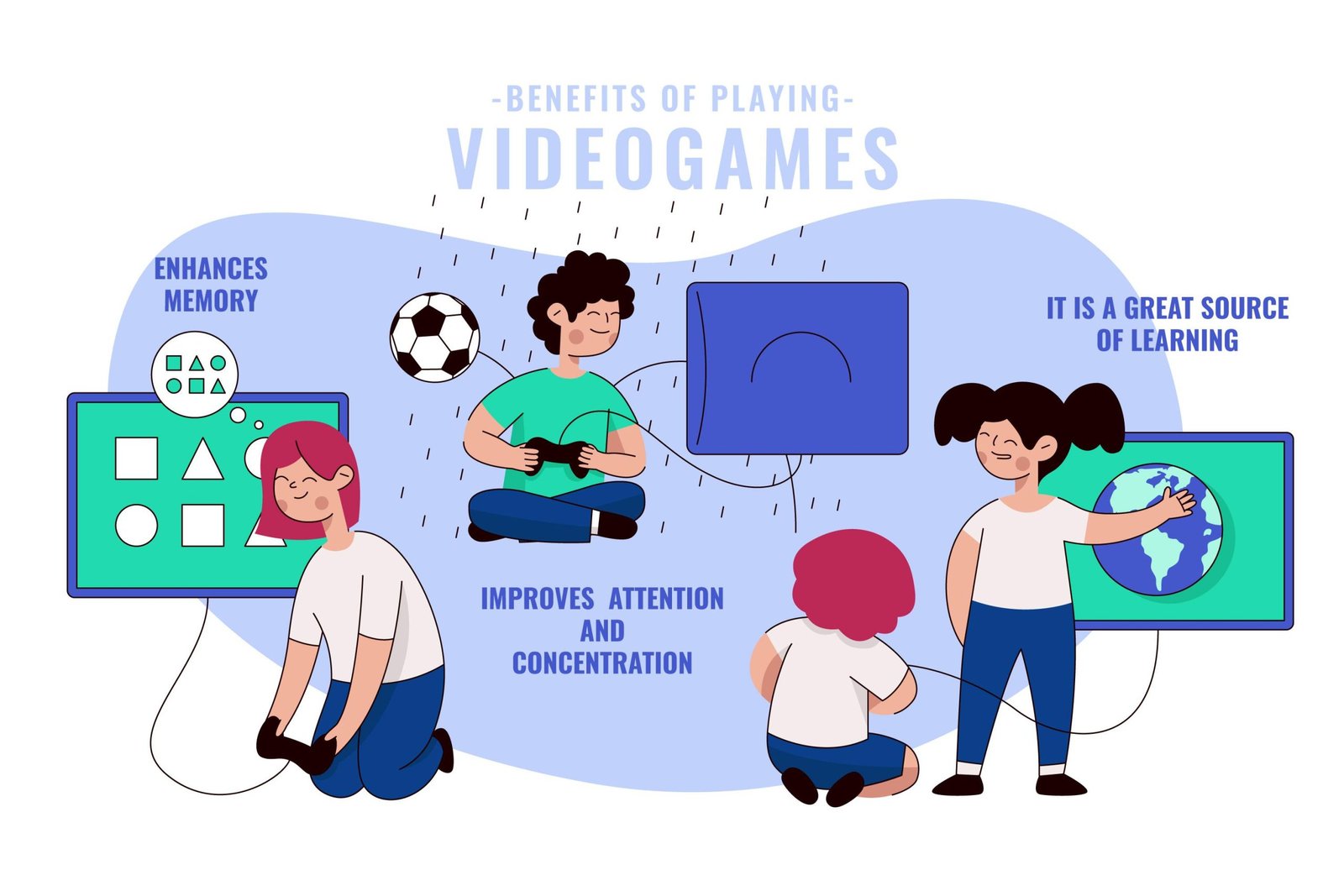Education How Video Games Can Enhance Learning Thinking Skills
Video games have long been associated with negative stereotypes, such as promoting violence and encouraging sedentary behavior. However, recent research has shown that video games can have a positive impact on learning and thinking skills. In this blog, we will explore how video games can be used to enhance education and promote critical thinking skills.
The Benefits of Video Games for Education
Video games can offer a range of benefits for education, including:
- Improved problem-solving skills: Many video games require players to solve puzzles and overcome challenges, which can help to improve problem-solving skills.
- Increased creativity: Video games can promote creativity by allowing players to experiment with different strategies and approaches to solving problems.
- Improved hand-eye coordination: Many video games require quick reflexes and precise movements, which can help to improve hand-eye coordination.
- Enhanced memory and learning: Video games that incorporate educational content can help to improve memory and retention of information.
Read More: Award Season Coverage
Examples of Video Games for Education
There are a growing number of video games that have been specifically designed for educational purposes. Some examples include:
- Math Blaster: This game helps children learn basic math skills through a series of fun, interactive games.
- Minecraft: This game encourages creativity and problem-solving by allowing players to build their own virtual worlds.
- Portal: This game requires players to use critical thinking and problem-solving skills to solve puzzles and complete challenges.
- Civilization: This game teaches players about history and politics by allowing them to build and manage their own civilizations.
Integrating Video Games into Education
While video games can offer a range of benefits for education, it is important to use them in a way that is both effective and responsible. Some tips for integrating video games into education include:
- Choosing games that are age-appropriate and align with learning objectives.
- Setting clear goals and expectations for how video games will be used in the classroom.
- Providing guidance and support to help students understand how video games can be used to enhance learning.
- Encouraging students to reflect on their experiences and think critically about how video games can be used to promote learning.
Conclusion
Video games have the potential to be a powerful tool for enhancing education and promoting critical thinking skills. By using video games in a responsible and effective way, educators can help to engage students and create a more interactive and dynamic learning environment.
